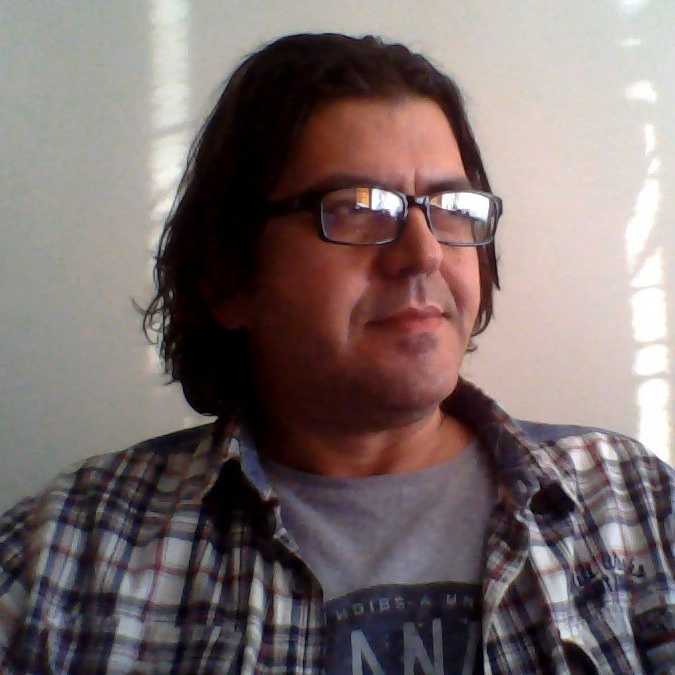İslam’da Bilgi ve Takvâ İlişkisi ve Batı Yazınında Takvâ'nın Terörle İlişkilendirilmesi
Prof. Dr. Sadık Türker 2022-12-23

A medicine should make patients better, alleviate symptoms and heal disease – or a combination of all of these – in order to make us healthy. Conventional modern medicine usually involves the use of drug treatments or surgery, counselling or psychological treatments, or lifestyle measures to improve and maintain wellbeing.
Alternative and complementary types of medicine include acupuncture, homeopathy, herbal medicine and traditional Chinese medicines. Not all of these have been proven to be effective, however. Homeopathy, for instance, has been ruled ineffective by the National Health Service in the UK, and a British parliamentary committee concluded that homeopathic remedies work no better than placebos.
There is evidence of medical practices, including herbalism – the use of plants for medicinal practices – before the invention of writing and any formally documented history of medicine. Early written records of medicine have been found in ancient Egypt, India and China, as well as during the Roman and Greek empires.
The Greek physician Hippocrates is widely credited as being the father of modern medicine, and laying the foundation for the conventional approach to medicine. Between the fifth and third centuries BC, Hippocrates introduced the Hippocratic Oath, an ethical vow to do no harm to a patient, which is still invoked by doctors today.
There are concerns doctors are over-treating people, giving too much medicine and medicalising treatments that don’t necessarily require medical interventions. Some doctors warn the overzealous use of diagnostic tests and screening programmes can label people with diseases – such as cancer and high blood pressure. Not all of these will be life-threatening or cause health problems, but a diagnosis and medical treatment can cause side effects as well as significant psychological distress.

Yorum Sayısı : 0